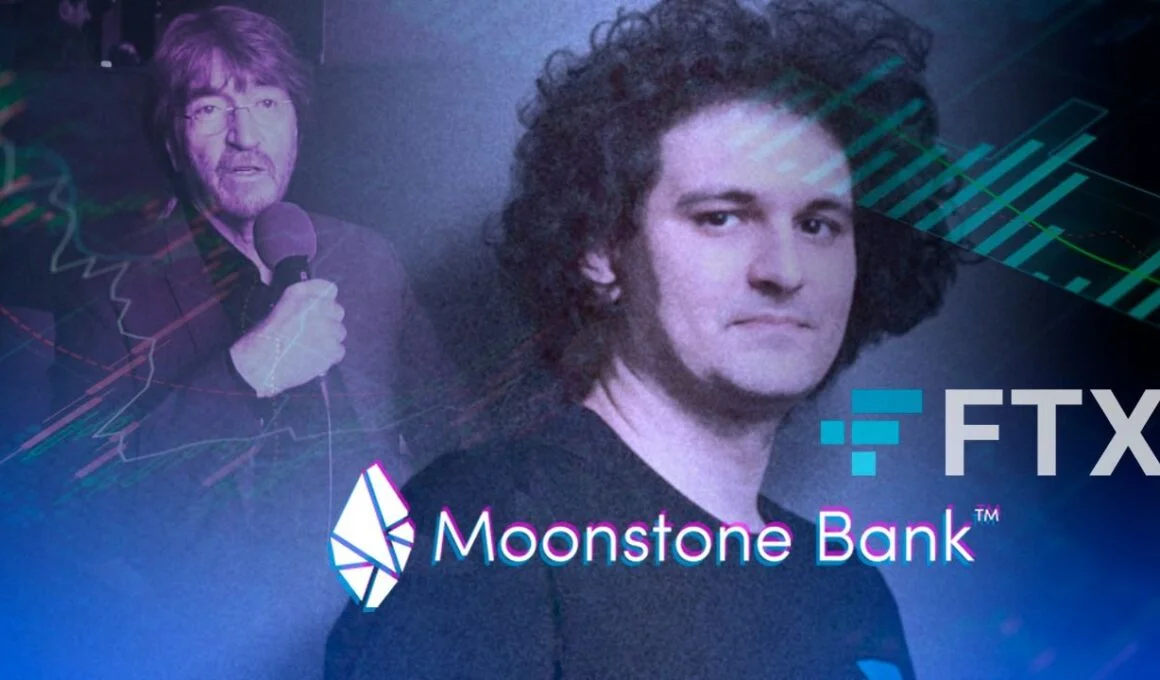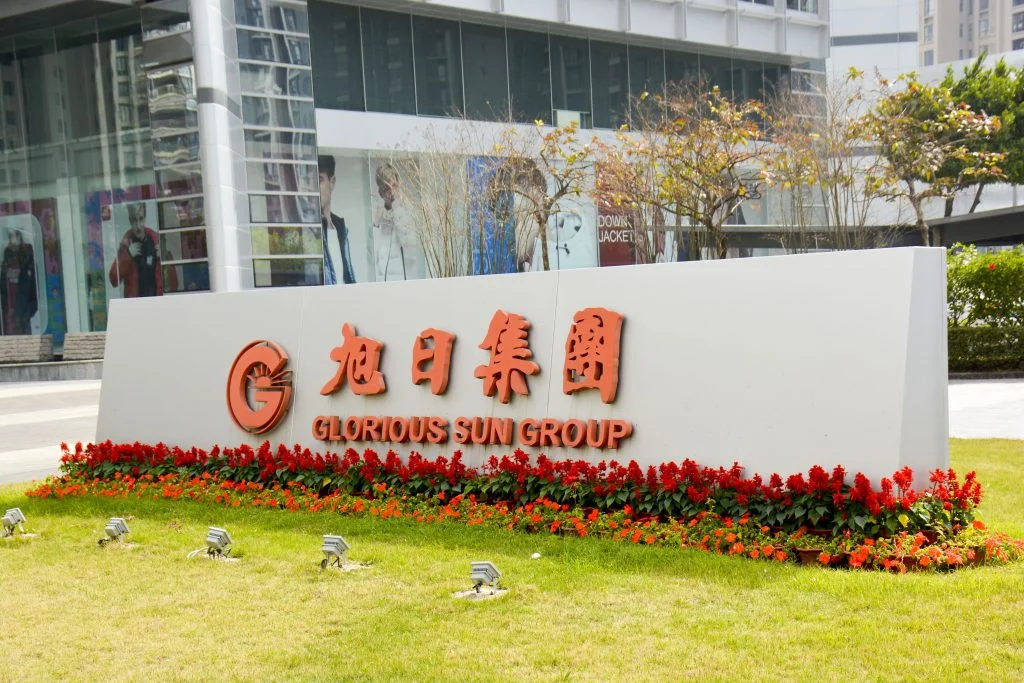by Ed Berger and Whitney Webb, Unlimited Hangout:

In late November, Protos began demystifying the mysterious ties of the bankrupt and fraud-riddled cryptocurrency exchange FTX to “a small bank in rural Washington,” known as Farmington State Bank. Given that it has only 3 employees and is one of the smallest banks in the entire United States, Protos noted that “the fact that [this bank] somehow finds itself embroiled in the largest cryptocurrency fraud in history is puzzling, disconcerting, and totally out of place, to say the least.”
TRUTH LIVES on at https://sgtreport.tv/
While the Protos piece sheds some light on Farmington State Bank and its recent transformation into FBH Corp. and Moonstone Bank, there is more to the story. Despite being a small, rural bank, Farmington/Moonstone, since at least 1995, has had ties to some of the most covert and criminal offshore financial networks of the modern era, with connections to intelligence-linked financial fraudsters of considerable notoriety.
In this Unlimited Hangout investigation, we pick up where Protos left off and begin lifting the curtain behind the FTX financial labyrinth in an effort to piece together the networks behind the elaborate crypto Ponzi scheme. This is critical work, as the FTX bankruptcy proceedings have been oddly manuevered so to avoid revealing who aside from Sam Bankman-Fried, the disgraced CEO and face of FTX, had control of the exchange and its subsidiaries. The network behind Farmington/Moonstone, the subject of this piece, is the first of many threads tied to FTX that we hope to pull on in the coming weeks and months.
Archie Chan Finds Farmington
Farmington, a sleepy rural town in Washington state, saw its once promising economic fortunes turn to dust during the Great Depression of the 1930s. The Great Depression had also crushed the first iteration of Farmington State Bank, originally founded in 1887, and a new bank of the same name was created in May 1929. Much of Farmington State Bank’s history is hardly noteworthy. Joining the bank in 1973 was C. Wayne Wexler, who served as the bank’s president for over a decade. Throughout the 1970s, the bank held around $1.5 million in deposits, which grew modestly during the 1980s to around $3.5 million.

Around 1995, Farmington, for reasons still unknown, attracted the attention of a British citizen residing in Hong Kong named Archie Chan. According to a 2010 interview given by Farmington’s then-president, John Widman, Chan bought the bank in 1995 “when he was looking for a chartered Washington bank that might become a platform for international banking.” Though this never came to pass, Chan’s connections suggest that his interests in the small, rural bank may have been manifold.
Chan acquired Farmington through a holding company registered in the British Virgin Islands (BVI) called Farmington Finance Corporation. The lawyer who aided him in setting up the corporate structure for the new Farmington organization was David K.Y. Tang, who – among other things – is a member of the Council on Foreign Relations (CFR). Tang, whose careers in law and business spans Seattle, Hong Kong and Beijing, also served a stint as chairman of the Federal Reserve Bank of San Francisco—the central bank branch that has technical legal oversight of Farmington. According to a different Protos investigation, this same component of the Federal Reserve system “took over regulatory duty for [Farmington/Moonstone] earlier this year, but seems to have glossed over Moonstone’s for-profit foreign interests.”
Though it remained under BVI jurisdiction, annual reports from Farmington State Bank reveal that Chan’s Farmington Finance Corporation maintained its offices in the Jardine House in Hong Kong. That property is owned by the interests of Jardine Matheson Holdings. That company is the successor to Jardine Matheson & Co, one of the largest foreign trading companies in the Far East for much of the 19th century which was extensively involved in entrenching British political and economic influence in Hong Kong. It also played a key role in the opium trade. Notably, Archie Chan has claimed to be “a member of one of the oldest and most prominent Hong Kong families,” suggesting a potential familial link to the power networks of early colonial Hong Kong, where Jardine Matheson was particularly prominent. Later, Chan’s Farmington Finance Corporation relocated to St. George’s House, also in Hong Kong.
Further investigation into Chan reveals that he was, until relatively recently, the executive director of Glorious Sun Enterprises. Glorious Sun Enterprises is the main company of its parent organization, the Glorious Sun Group. The latter began as a textile concern in Hong Kong in the mid-1960s, later expanding into the fields of finance, real estate and other ventures during the 1980s. It now boasts property holdings in Hong Kong, China, Singapore, Canada and the United States.
Chan’s association with the Glorious Sun business complex has been long-running. According to SEC filings, he became the company secretary of Glorious Sun Enterprises Limited in February 2005, and then joined the corporate board as a director in August of that same year. However, over two decades before this, Chan had been acting as the group’s primary “business consultant”, a position that required him manage the various partnerships and subsidiaries that made up the fledgling empire’s vast reach. Documents submitted by Glorious Sun to the SEC state that he would act as a director in various joint-ventures where Glorious Sun controlled 50% of more of company stock. Chan, in other words, was Glorious Sun’s chief business agent at the time that he purchased Farmington State Bank.
Glorious Sun Enterprises is mostly held by Glorious Sun Holdings Limited, followed by Advancetex Holdings. Other shareholders include members of the Yeung family, some other executives and the Texas-based Dimensional Fund Advisors LP. Both Glorious Sun Holdings Limited and Advancetex were registered at the address 263 Main Street in Road Town, the capitol city of the British Virgin Islands (BVI). This is location of CCS Trustees Limited, a corporate services firm that handles the legal registration for business seeking to set up holding companies or subsidiaries in offshore tax havens like BVI. CCS Trustees itself seems to have a focus on Hong Kong-oriented business, and even maintains a subsidiary called Cayman-Hong Kong Corporate Services Ltd. CCS’s founder, William Au-Yang, sits on the board of the New Media Group, a Hong Kong-based telecommunications firm.

According to SEC filings from 2007, Glorious Sun’s principal bankers include the Hongkong and Shanghai Banking Corporation (more commonly known as HSBC) and Standard Chartered Bank. The former has had a historically close-knit relationship with Jardine Matheson: the two have engaged in joint-ventures with one another, while members of the controlling family of Jardine Matheson, the Keswicks, have often held leadership positions at HSBC. Standard Chartered, meanwhile, is closely tied to the Inchape family, a fixture of the British ruling class with numerous concerns in global shipping and manufacturing.
Read More @ UnlimitedHangout.com



